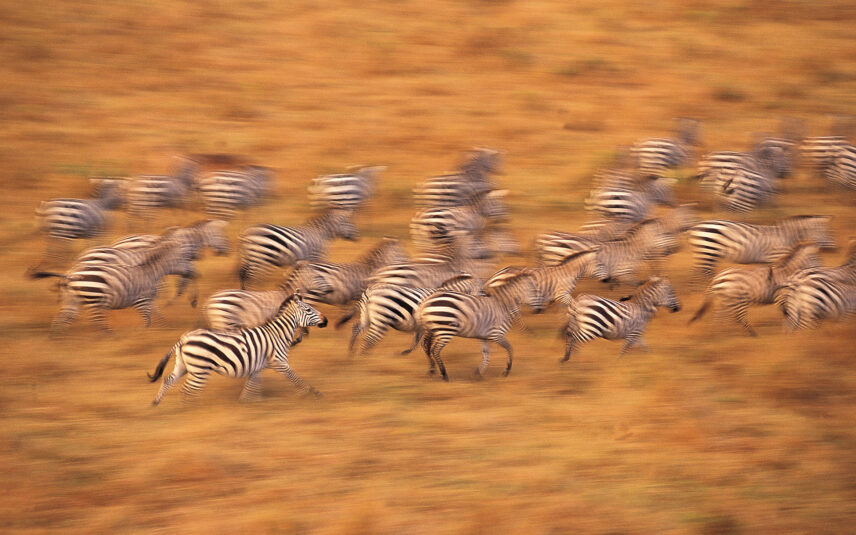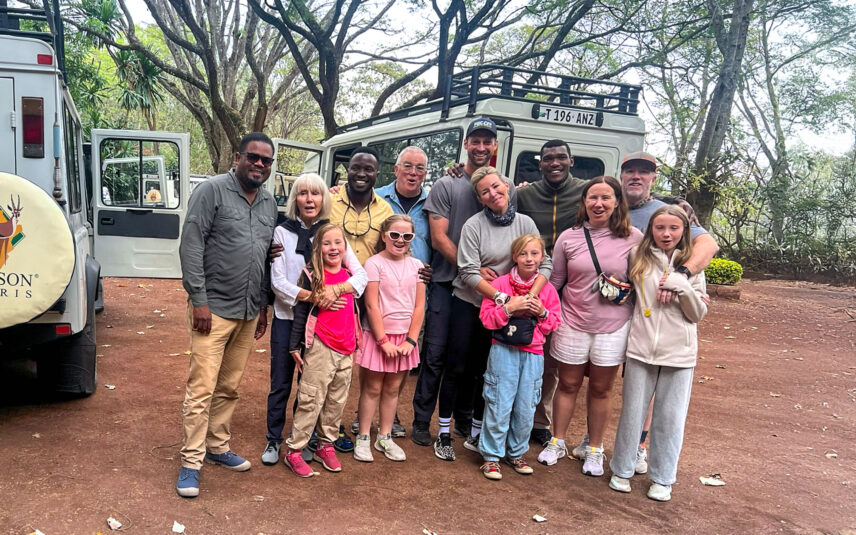
Jan 29, 2025
Rose, Thorn, Bud: Three Generations on Safari
Guide Babu, Joel, Sunny, Guide Protas, Beatrice, Brian, Brad, Huntley, Pepper, Guide Stan, Amalia, Winn, Vivienne For the Cody family, a recent safari transcended mere vacation; it blossomed into an…
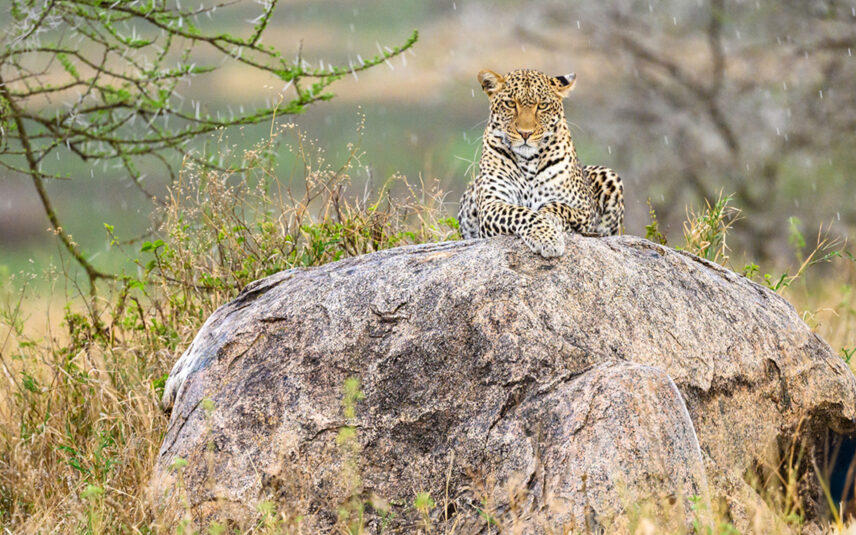
Mar 27, 2024
What Happens When It Rains on Safari?
Rain on your safari? What a nightmare! Or is it? My name is Christine Smith, and I’m a Trip Manager here at Thomson. I’m your go-to resource once you’ve…
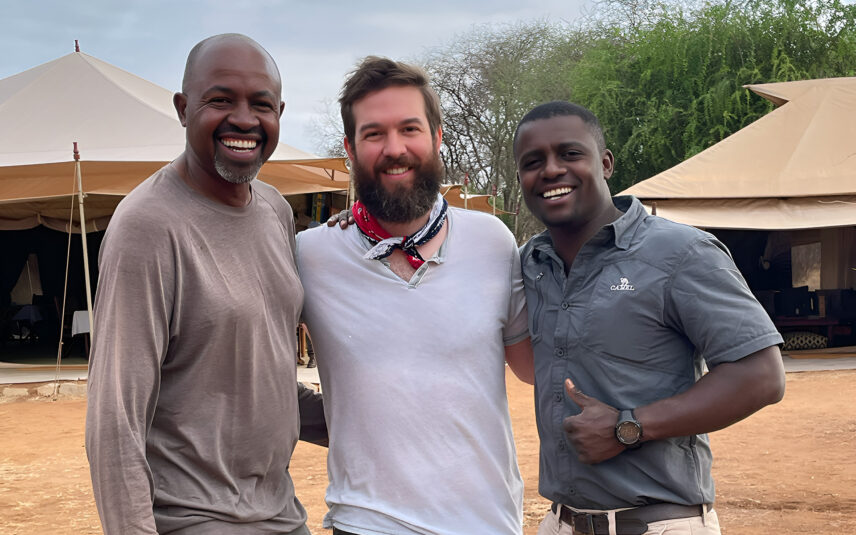
Feb 27, 2024
Putting Down Roots: Why I Work for Thomson Safaris
In 2011, the summer between my junior and senior year of college was around the corner. I’d convinced myself I was a card-carrying adult, even though I was cruelly…

Jan 24, 2024
A Typical Day on Safari (and Why it’s Anything but Typical)
Hi, I’m Halee, and I’m a Senior Safari and Kilimanjaro Consultant here at Thomson Safaris! Usually, I’m helping guests like you book their dream safari, but last September I…
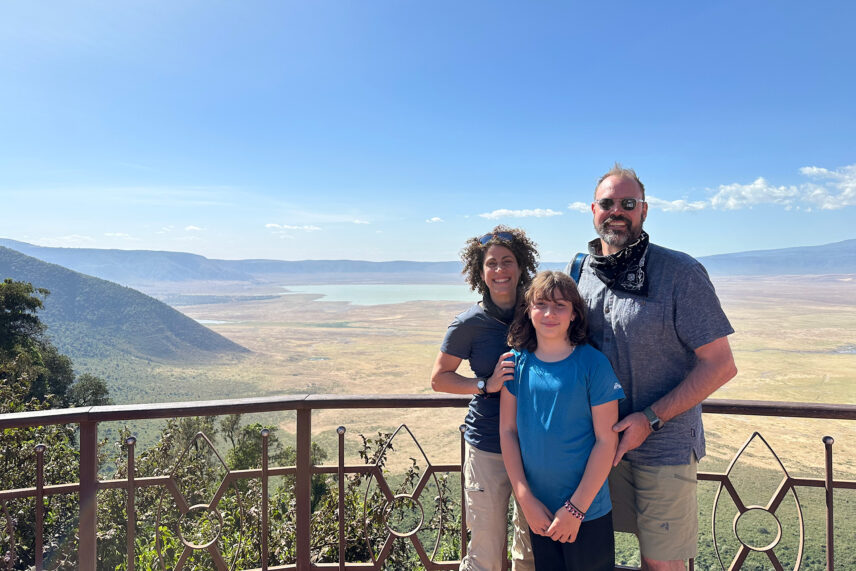
Sep 27, 2023
Wish you were here. Wait, you are!
As our bush plane made its way over the Great Rift Valley, memories of this flight from my many other visits to Tanzania flooded my thoughts, but I was also…
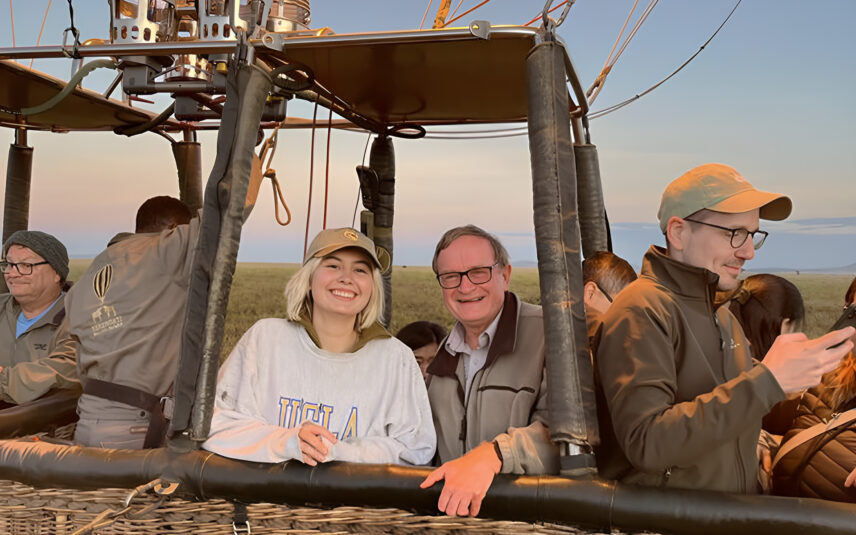
Jul 27, 2023
Why a Solo Safari is Anything but Lonely: Thomson Staffer Answers from Experience
Traveling alone can be intimidating, but a lot of Thomson guests take the leap to safari by themselves, and the feedback is overwhelmingly positive. Solo travel allows you to…
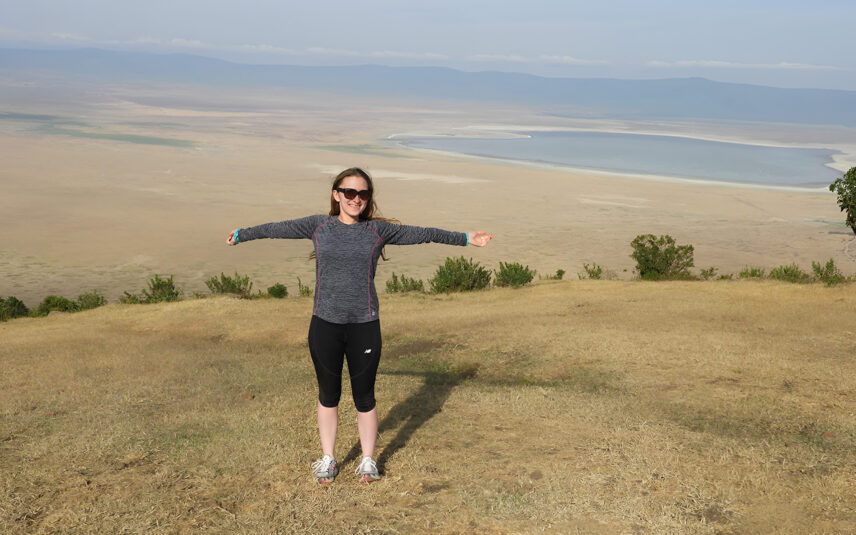
Jul 20, 2023
Five Unforgettable Sensations of My Safari in Tanzania
Going on safari, I knew I was going to see beautiful and unique things. I’ve spent the last six months describing that beauty to guests on the phone, so…

Apr 28, 2023
Cat Spotting: A Thomson Staffer’s Safari Story
My name is Cat Yoder, and I’m a trip manager at Thomson Safaris. I live and breathe Tanzania, and I know the camps, packing lists and itineraries like the…
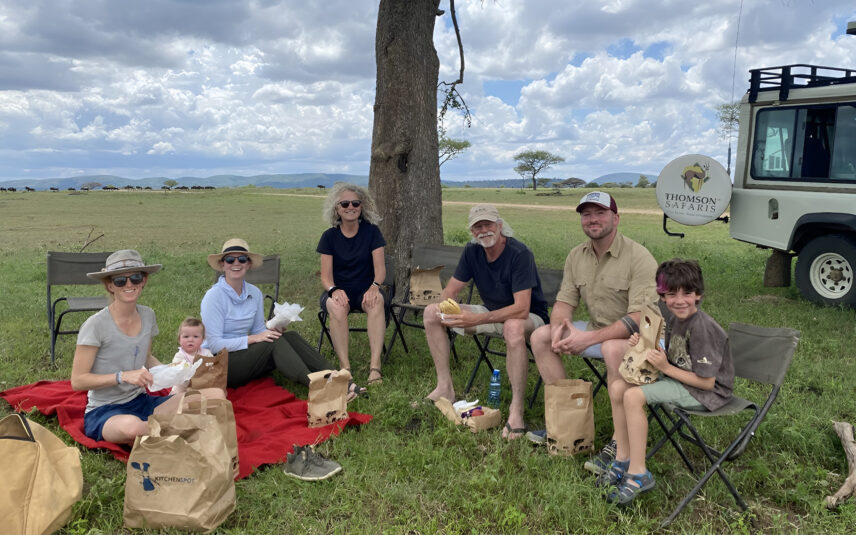
Jan 25, 2023
3 Generations, 10 Family Members: How the Thomson Founders Safari with Family
Floating in a hot-air balloon above the Serengeti was Haden’s fantasy. He’s the seven-year-old grandson of Rick and Judi, founders of Thomson Safaris. While he knew a lot about…
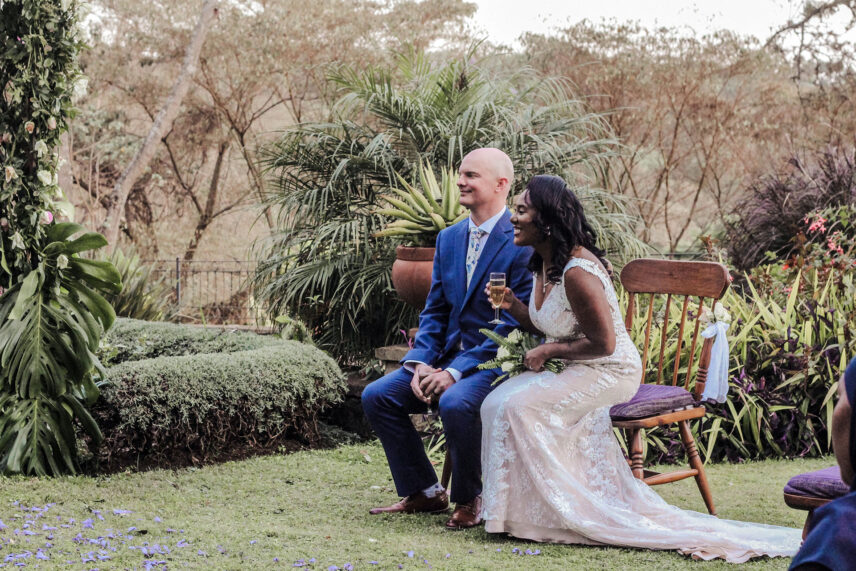
Dec 12, 2022
Married in Paradise: Angela’s Safari Wedding & Zanzibar Honeymoon
Marrying her best friend on the slopes of Ngorongoro Crater had always been a fantasy for Thomson staffer Angela. She dreamed of the joy she’d feel exchanging vows under…
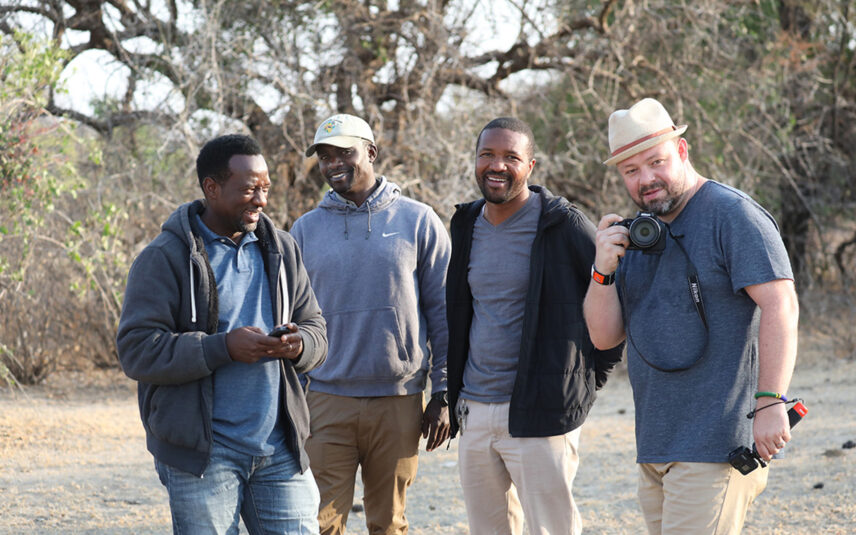
Sep 30, 2022
Why Thomson Staffer Andrew is Still Talking About His Tanzanian Adventure
From mountain gorilla trekking in Rwanda to tracking leopards on the golden Serengeti plains, Thomson staffer Andrew Doherty has been to some astonishing places and met some remarkable people.
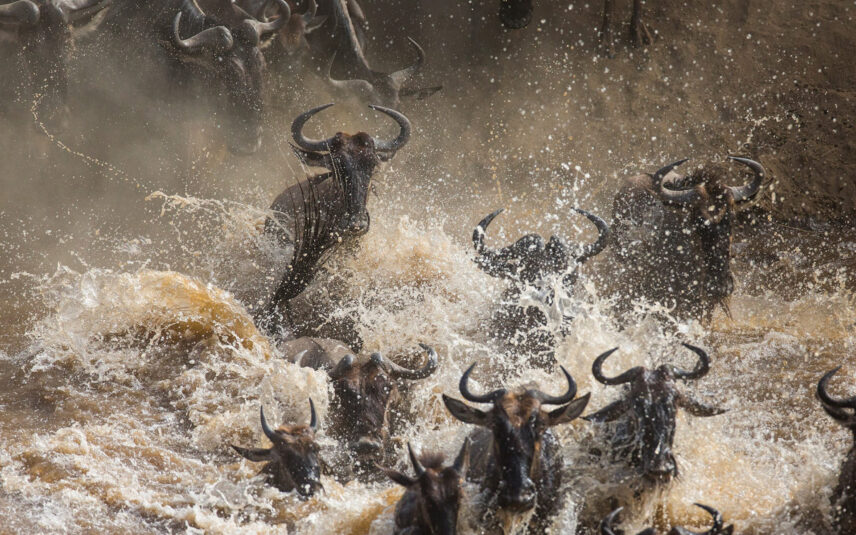
Sep 15, 2022
Behind the Scenes of the Greatest Show on Earth
It’s September, and here at Thomson Safaris that means something very important: it’s River Crossing season! And just because this year is a little different, doesn’t mean we can’t…
